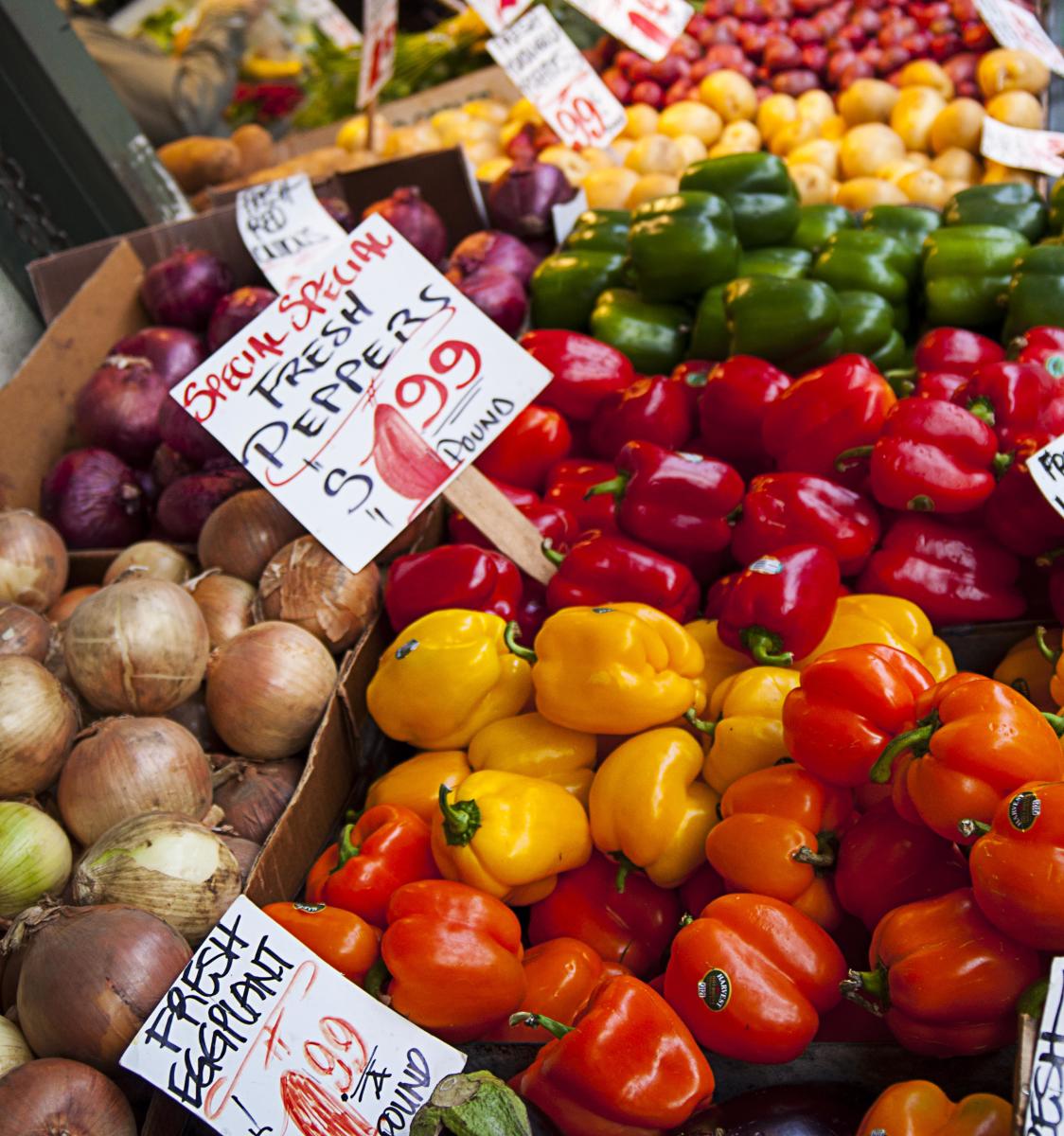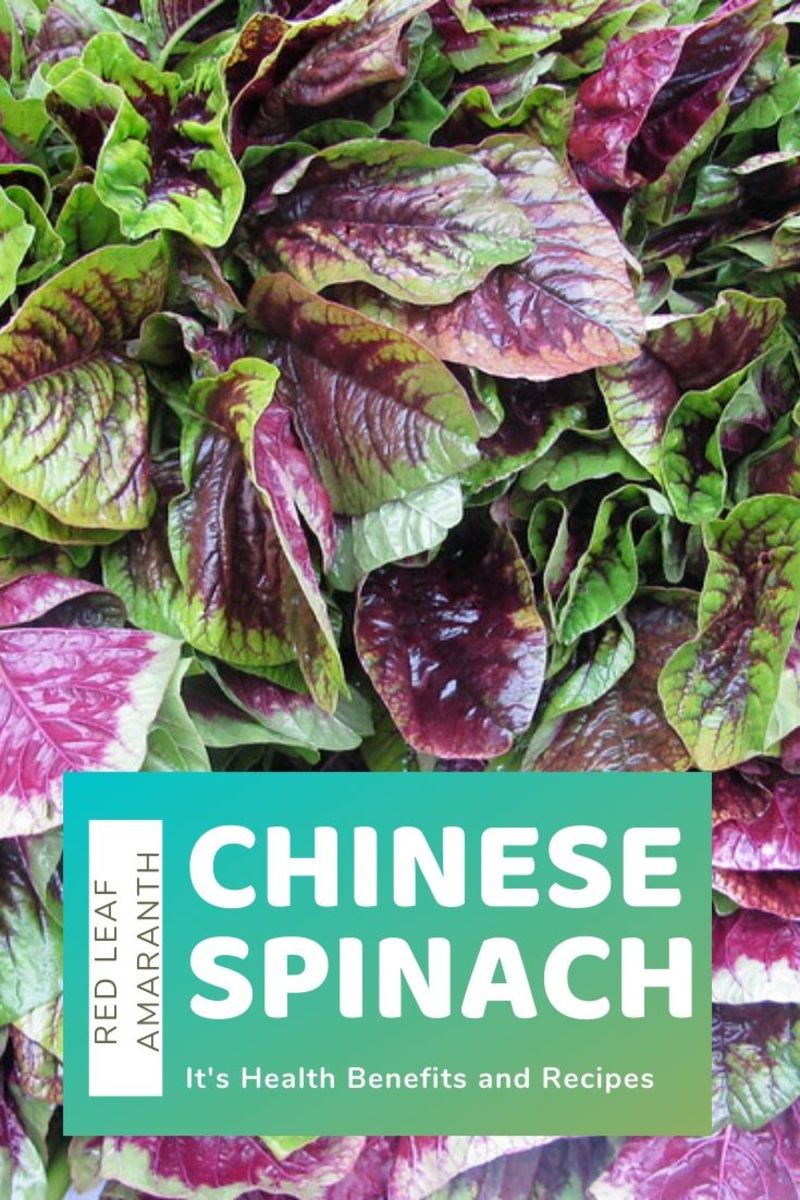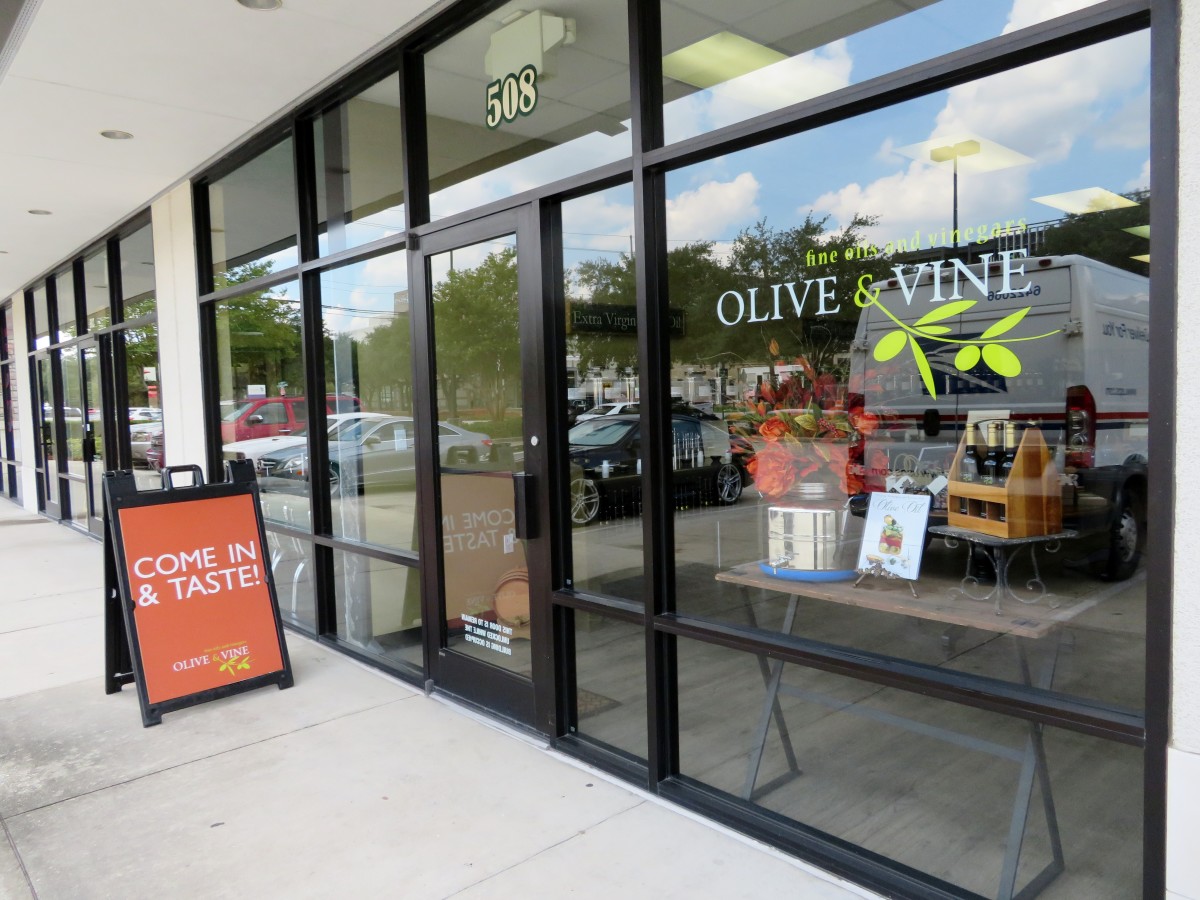The High Cost of Organic Food
Is Organic Food Worth the Price Tag?

What Does "Organic" Food Mean?
When a food product is labelled as “organic” it means that the products are grown and processed to meet specific requirements set up by the USDA.
Requirements for a product to be labelled "organic" according to the USDA include the use of safe soil during productions, the product must be free of any modifications and it must remain separate from conventional products during production and distribution.
Farmers are not allowed to use synthetic pesticides, bioengineered genes (GMOs), petroleum-based fertilizers, or sewage-based fertilizers while growing organic produce. When dealing with organic livestock, the animals must have ample access to the outdoors and stick to an organic diet. Organic livestock cannot be given growth hormones or antibiotics at any time.
201 Organic Baby Purees
The Cost of Organic Food
The price gap between organic and conventional widened during the late 1990’s for some crops. As would be expected, the cost of producing organic food is also higher than the cost for conventional food. But does that price gap constitute the high prices at the market?
The cost of organic food is decided by the companies who sell the products, but it is also regulated by the USDA. Any distributor who labels food as organic must meet certain criteria, including USDA certification and inspection.
Conventional Farming Compared to Organic Farming
Conventional
| Organic
|
|---|---|
Apply chemical fertilizers to promote plant growth
| Apply natural fertilizers, such as manure or compost, to feed soil and plants
|
Utilize synthetic insecticides to reduce pests and disease
| Avoid pesticides and utilize natural methods to deter pests and diseases
|
Harmful pesticides used to kill weeds
| Environmentally friendly products used to manage weeds
|
Animals are fed antibiotics and growth hormones
| No orgainc livestock ever receives antibiotics or growth hormones and they are fed an organic diet
|
USDA Organic Certification
Acquiring USDA organic certification is no easy or cheap task.
Everyone who works in the agriculture industry needs to meet certain standards pertaining to their farming operations, their farming facilities and the production methods they use.
Organic farmers must comply with all of the standards of regular farmers, plus additional standards set up by the USDA. Sometimes this requires the modification of facilities and equipment.
Additional employees are necessary to do all of this extra work, meaning more paychecks getting doled out. All of which causes the cost to go up and up and up.
Unfortunately, when it comes to organic labeling, many companies try to fool consumers by labeling things as organic, when the true organic products are "USDA certified organic". This is the difference between non regulated organic food and fully regulated and controlled organic food that you can trust.
The Agriculture Production Regulations Pertaining to Organic Food is What Hikes Up the Cost so Much

Food to Live By
Benefits of Organic Foods
The health benefits of organic food are typically based more on perception than on concrete facts.
However, some of the benefits believed to be associated with organic food include:
- Organic food is typically higher in beneficial antioxidants
- Organic produce has fewer pesticides than non-organic produce
- Some organic foods have been found to be higher in beneficial nutrients when compared to their non-organic counterparts
- Organic livestock is free of growth hormones and antibiotics
- Typically, organic food is fresher than non-organic food
State Requirements for Organic Farmers
Individual states each have their own approaches to regulation of organic food.
About half of the United States currently has some form of legislation pertaining to the labeling of organics.
Third-party certification of organic production in the United States is used by a majority of the U.S. Most private certifiers charge fees based on the farmers gross sales of organic products, number of acres operated, or other measure of size ( Fetter, 1999; and Graf and Lohr 1999).
Official state certifying programs often charge only nominal fees to organic producers of all sizes, however some certifiers also charge an hourly rate for inspection and auditing services.
Although some states allow voluntary certification, others require that all products marketed as organic be certified before hitting the market.
It is becoming more and more common for states to require registration of all organic growers. Some states provide organic certification services, while others have state-specific private certification agencies.
The costs of proposed regulation are the direct costs for accreditation. The costs of complying with the specific standards in the proposal, including the reporting and recordkeeping requirements are included in the regulation costs.
Organic certifiers are charged fees based on the actual costs of the accreditation work done by USDA staff.
Why is Organic Food More Expensive?
Wildly Affordable Organic: Eat Fabulous Food, Get Healthy and Save the Planet
The Organic Farming Protection Act
The Organic Farming Protection Act (OFPA) was set up to regulate the production and distribution of organic food.
The purpose of the act was to establish national standards for organically produced products, to assure consumers that organically produced products meet a consistent national standard, and to facilitate interstate commerce in fresh processed food that is organically produced.
This legislation required that all growers, with the exception of the smallest organic growers ( those with annual sales under $5000), obtained certification by either a state or a private agency accredited under national standards set up by the USDA.
Organic Food Production is Regulated by the USDA

Do you eat organic food?
Additional Costs for Organic Farmers
Organic farms must pay an annual inspection and certification fee ranging from $400-$2000 a year, depending on the agency and the size of the operation.
Farmers need to keep post-certification records on production, harvesting, and handling for five years, which often requires additional staffing to handle and process all records in order to comply with USDA guidelines.
The Organic Food Production Act (OFPA), enacted under Title 21 of the 1990 Farm Bill, established uniform national standards for the production and handling of foods labeled as “organic”.
To comply with these national standards organic farmers and handlers must not only produce foods without the synthetic chemicals but also refrain from applying synthetic chemicals during the three years immediately preceding the harvest of organic products. In addition, they must comply with an “organic plan” agreed upon with their certifying agents.
The Organic Food Shopper's Guide
The National Organic Program Set Up by the USDA
USDA implemented a National Organic Program (NOP) in 2002, which set uniform standards and provided a “USDA-organic” label to facilitate market transactions and allay consumer concerns about product identity.
The regulation of organic standard takes several steps and involves several layers of administrative offices within the USDA .
Congress delegated the administration of the Organic Farming Protection Act (OFPA) to the USDA. In turn, the USDA began to delegate the functions of the Act to its sub-agency, the Agricultural Marketing Service (AMS).
One of the functions of the AMS is to ensure that “organically produced products meet uniform standards and that they are appropriately labeled”. Agricultural products using the USDA organic seal or word, organic must meet all requirements in the USDA organic regulations.
Violations may lead to compliance and enforcement actions, including fines of up to $11,000 per violation. Additionally, an organic certificate may be suspended or revoked.
Do you think that organic food costs too much?
Non-Organic Food Compared to Organic Food
Currently, there is little scientific research or evidence proving that organic food is better in quality or better for a person's health when compared to conventional food.
Scientific research conducted as of this time hasn't been able to provide any strong evidence showing noticeable benefits of organic food when compared to non-organic food.
As a result, both the FDA and the USDA have agreed that non-organic food is as healthy as organic food.
Is Organic Food Better for Your Health?
© 2014 Kathleen Odenthal












